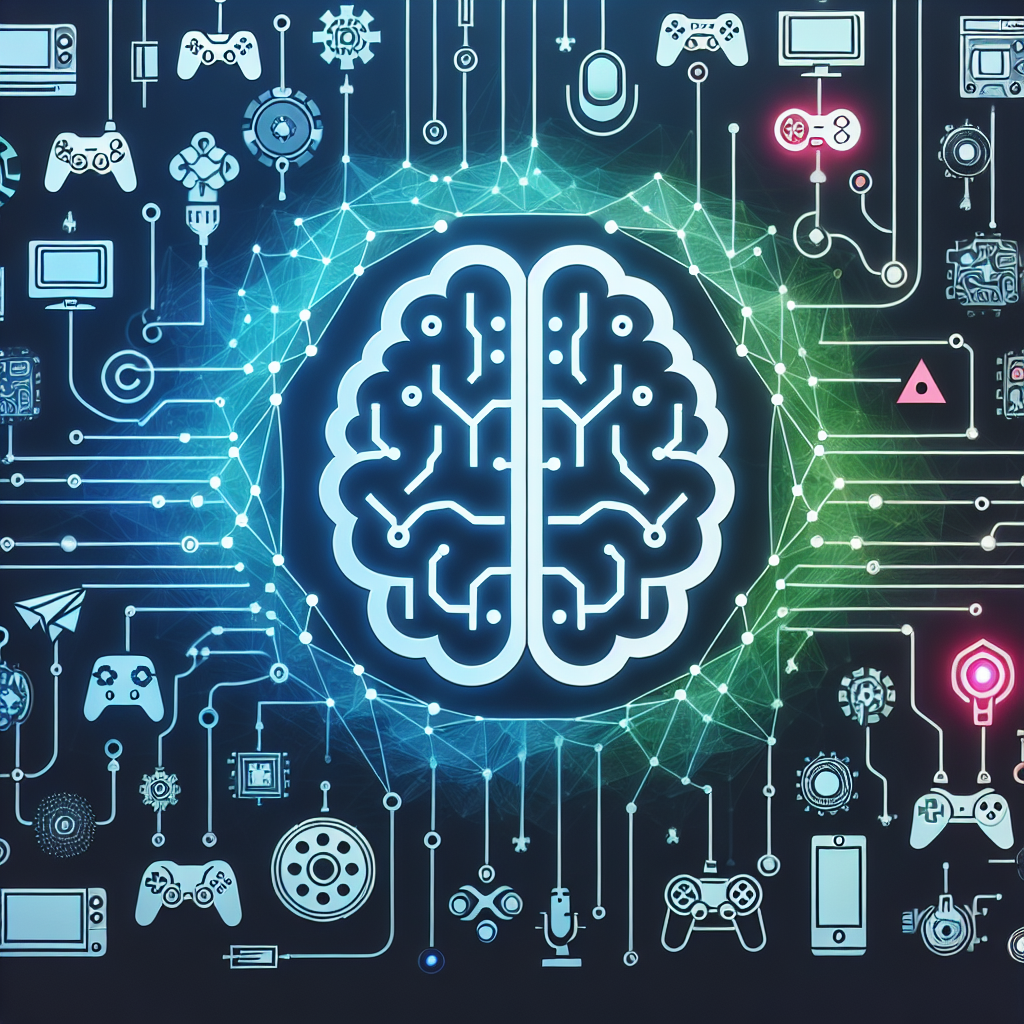The gaming industry has seen significant advancements in recent years, with the rise of artificial intelligence (AI) software playing a key role in shaping the future of gaming. AI software has revolutionized the way games are developed, played, and experienced, offering a whole new level of immersion and interactivity for players. In this article, we will explore how AI software is changing the gaming industry and its impact on the future of gaming.
One of the most significant ways AI software is changing the gaming industry is through its ability to enhance gameplay and provide a more personalized gaming experience. AI algorithms can analyze player behavior and preferences in real-time, allowing games to adapt and respond to individual player actions. This level of personalization can create a more engaging and immersive gaming experience, as games can tailor their content and challenges to each player’s skill level and preferences.
AI software is also being used to create more realistic and dynamic in-game environments. By using AI algorithms to generate procedural content, developers can create vast and immersive worlds that are constantly evolving and changing. This not only adds depth and complexity to games but also ensures that players always have new challenges to overcome and experiences to discover.
In addition to enhancing gameplay, AI software is also being used to improve game development processes. By automating tasks such as bug testing, level design, and character animation, AI software can help developers streamline their workflow and focus on creating innovative and engaging content. This can lead to faster development times, lower costs, and ultimately, better games for players to enjoy.
Another way AI software is changing the gaming industry is through its impact on game design and storytelling. AI algorithms can analyze player behavior and choices to create more dynamic and interactive narratives. This can lead to branching storylines, multiple endings, and a more immersive storytelling experience that responds to player actions in real-time.
Furthermore, AI software is also being used to enhance multiplayer gaming experiences. By analyzing player behavior and skill levels, AI algorithms can create fairer and more balanced matches, ensuring that players are always matched with opponents of similar skill levels. This can lead to a more competitive and engaging multiplayer experience, as players are challenged to improve their skills and strategies to succeed.
Overall, AI software is revolutionizing the gaming industry by enhancing gameplay, creating more immersive environments, streamlining development processes, and improving storytelling and multiplayer experiences. As AI technology continues to evolve, we can expect to see even more innovative and groundbreaking applications of AI in the gaming industry in the future.
FAQs:
Q: How is AI software being used in game development?
A: AI software is being used in game development to automate tasks such as bug testing, level design, and character animation. This helps developers streamline their workflow and focus on creating innovative and engaging content.
Q: How does AI software enhance gameplay?
A: AI software enhances gameplay by analyzing player behavior and preferences in real-time, allowing games to adapt and respond to individual player actions. This creates a more personalized gaming experience and can tailor content and challenges to each player’s skill level and preferences.
Q: How does AI software impact multiplayer gaming experiences?
A: AI software impacts multiplayer gaming experiences by analyzing player behavior and skill levels to create fairer and more balanced matches. This ensures that players are always matched with opponents of similar skill levels, leading to a more competitive and engaging multiplayer experience.
Q: What are some examples of AI software in the gaming industry?
A: Some examples of AI software in the gaming industry include procedural content generation algorithms, player behavior analysis tools, and matchmaking algorithms. These technologies are used to create more immersive environments, enhance gameplay, and improve multiplayer experiences.

